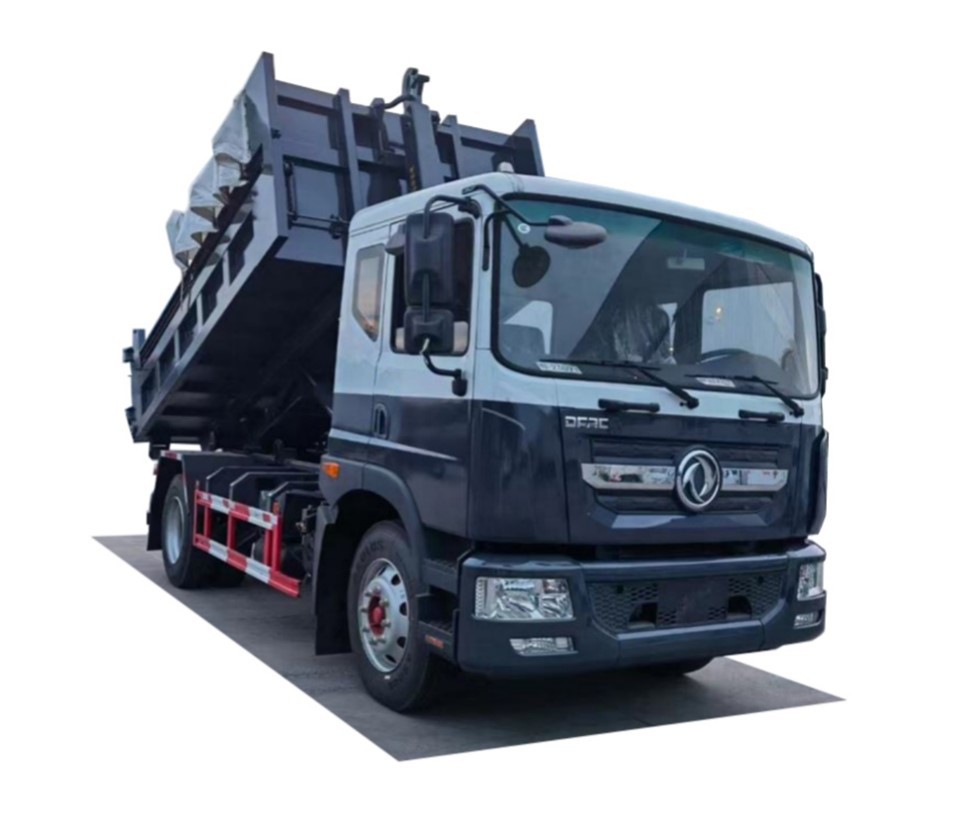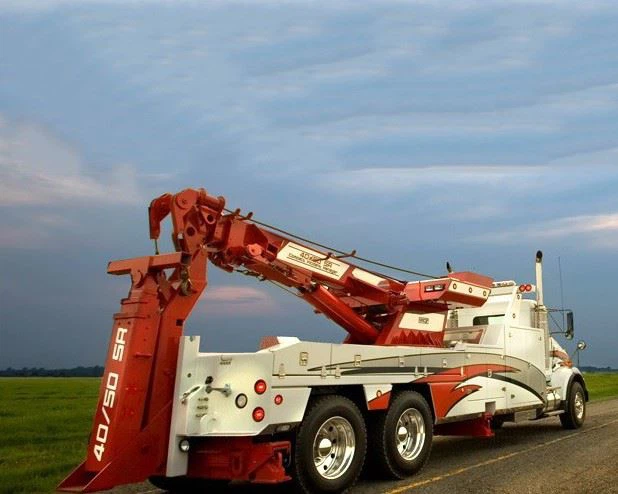Introduction to Garbage Dump Trucks
Garbage dump trucks play a crucial role in waste management and sanitation. These specialized vehicles are designed to efficiently transport waste materials from residential, commercial, and industrial areas to disposal sites or landfills. With increasing urbanization and waste production, understanding the features, types, and operations of garbage dump trucks becomes essential for communities striving for sustainable waste management. In this article, we will explore various aspects of garbage dump trucks, including their design, operational efficiency, types, environmental impacts, and best practices when employing them for waste disposal.
What is a Garbage Dump Truck?
A garbage dump truck is a commercial vehicle specifically constructed for collecting and transporting waste materials. Unlike standard trucks, dump trucks have a specialized mechanism for dumping waste, facilitating easier unloading at disposal sites. The various designs and sizes cater to different waste management needs, making them vital for efficient waste collection and transportation.
The Importance of Garbage Dump Trucks in Waste Management
The use of garbage dump trucks is pivotal in keeping our communities clean and reducing environmental impact. Here’s a look at the primary reasons why these trucks are essential:
- Efficient Waste Collection: Designed for heavy loads, garbage dump trucks can transport large volumes of waste in a single trip, reducing the need for multiple runs.
- Time-Saving: These trucks enhance operational efficiency, enabling quicker waste collection routes.
- Environmental Protection: By facilitating meaningful waste disposal, they help keep streets clean, mitigating pollution and related health issues.
- Specialized Designs: Garbage dump trucks come in various sizes and designs to effectively manage different kinds of waste.
Types of Garbage Dump Trucks
1. Rear-Loader Dump Trucks
Commonly used in residential areas, rear-loader dump trucks collect waste through a hydraulic mechanism at the rear. They are compact and ideal for narrow streets.
2. Front-Loader Dump Trucks
These trucks are better suited for commercial waste management. They feature large, robust arms at the front that lift heavy bins directly into the truck.
3. Side-Loader Dump Trucks
Side-loaders are efficient for both residential and commercial use. They use mechanical arms to pick up bins from sidewalks, minimizing manual labor and enhancing safety.
4. Automated Dump Trucks
With advancements in technology, automated dump trucks have emerged. They are equipped with autonomous driving systems, making them more efficient and reducing labor costs.
5. Compactor Dump Trucks
These vehicles have an integrated compaction system that compresses waste, allowing for more efficient space management and reducing landfill usage.
Key Features of Garbage Dump Trucks
Payload Capacity
The payload capacity of garbage dump trucks varies based on their design and purpose. Typical capacities range from 10,000 to 35,000 pounds, enabling them to transport significant waste volumes in a single trip.
Hydraulic Lifting Mechanism
The hydraulic system allows for easy unloading. This mechanism enables the truck’s rear or side to tilt, efficiently discharging waste materials at the designated site.
Energy Efficiency and Emissions Control
Modern garbage dump trucks are designed with fuel-efficient engines and advanced emissions control technology, contributing to a lower carbon footprint.
Operational Best Practices for Garbage Dump Trucks
1. Route Optimization
Using route optimization software can minimize travel distances and reduce fuel consumption, ultimately improving efficiency and lowering operational costs.
2. Regular Maintenance
Routine checks and maintenance are crucial to ensure the longevity and functionality of garbage dump trucks. Regularly check brakes, hydraulics, tires, and engine performance to avoid costly repairs.
3. Safety Protocols
Implement strict safety measures, including proper training for drivers and using safety gear. Encourage a culture of safety throughout operations, focusing on both drivers and pedestrian safety.
4. Waste Segregation
Promote waste segregation at the source to ensure recyclables and hazardous wastes are handled properly, reducing the load of mixed waste transported by garbage dump trucks.
Environmental Impact of Garbage Dump Trucks
While garbage dump trucks are essential for waste management, they can also pose environmental challenges. Key areas of concern include:
- Air Pollution: Emissions from diesel engines contribute to air quality deterioration. Adopting cleaner technologies can mitigate this effect.
- Noise Pollution: Operating garbage trucks, especially during early morning or late evening hours, can cause noise disturbances.
- Landfill Overflow: Increased waste generation without efficient recycling can lead to overflowing landfills, resulting in environmental hazards.
Technological Advancements in Garbage Dump Trucks
Innovations in technology are transforming garbage dump truck operations. Some notable advancements include:
1. GPS Tracking Systems
These systems allow for real-time monitoring of truck routes and performance, providing data to improve operational efficiency.
2. Telemetry Systems
Telemetry systems record truck health and performance metrics, enabling proactive maintenance and reducing downtime.
3. Eco-Friendly Designs
Manufacturers are increasingly integrating eco-friendly materials and working on electric or hybrid garbage dump trucks to reduce carbon footprints.
Practical Examples of Garbage Dump Truck Operations
Case Study: Municipal Waste Management
A city implemented a smart waste management program utilizing garbage dump trucks with route optimization software. This initiative resulted in a 25% reduction in fuel costs and 30% faster collection times.
Case Study: Construction Site Waste Collection
A construction company employed compactor dump trucks to manage construction debris efficiently. This method allowed them to maintain a cleaner site while optimizing loads for disposal, saving both time and money.
FAQ About Garbage Dump Trucks
1. What is the average lifespan of a garbage dump truck?
On average, a garbage dump truck can last between 10 to 15 years, depending on maintenance practices and usage conditions.
2. How are the waste materials unloaded from a dump truck?
Waste materials are unloaded through a hydraulic mechanism that tilts the truck’s bed, allowing gravity to assist in emptying the contents at the disposal site.
3. What is the difference between a rear-loader and a front-loader dump truck?
Rear-loaders collect waste from the back and are often used in residential areas, while front-loaders are equipped with arms to lift bins from the front, making them suitable for commercial environments.
4. Are there environmentally friendly garbage dump trucks?
Yes, many manufacturers now produce electric or hybrid dump trucks, designed to reduce emissions and promote sustainable waste management practices.
5. How can waste be effectively reduced at the source?
Encouraging recycling, composting, and mindful consumption are effective methods to reduce waste production at the source.
6. What considerations should be taken when choosing a garbage dump truck?
Consider payload capacity, operational efficiency, maintenance needs, and the type of waste you will be handling when selecting a garbage dump truck.



